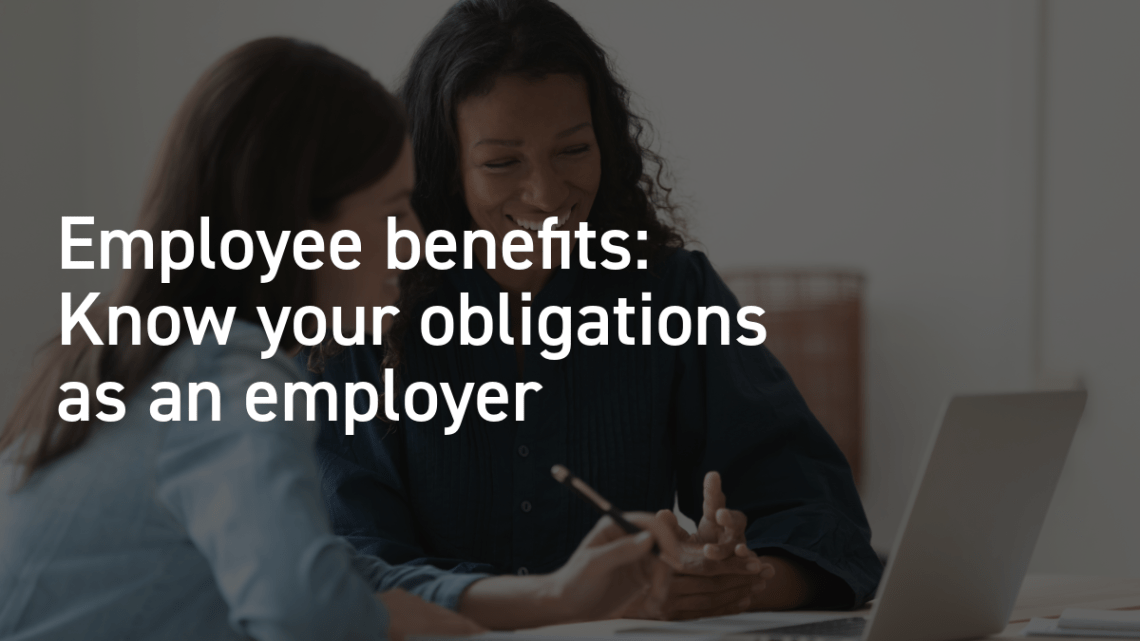
When providing employees or a member of their family/household with non-cash benefits, it is important to understand the Income Tax and National Insurance Contributions (NIC) implications and your reporting requirement as their employer.
In this article, Neil Maslen, Senior Manager in the Private Client Department at HW Fisher, outlines the three main ways of reporting non-cash taxable benefits, and which one to use depending on the benefit itself and who is intended to pay the Income Tax liability.
In this scenario, the employee is responsible for paying the tax arising from the benefit and the benefit value is reported on a P11D for each employee. The NIC is payable by the employer, and this is reported via a P11D(b). Income Tax is collected from the employee through either their Self-Assessment Tax Return or an adjustment to their tax code.
Common entries include loan benefits, medical insurance, company cars and fuel benefits.
It’s important to keep in mind that if this is the first year the employee receives a benefit, their tax codes could change quite significantly once the P11D has been submitted.
All forms must be submitted digitally. If you have fewer than 500 employees, you can submit the forms through HMRC’s PAYE online service. If you have more than 500 employees, you will need to fill in and submit the forms through your payroll software.
Deadlines
Similar to P11Ds, the employee is responsible for paying the Income Tax, but this is collected in real time via the employer’s payroll.
The employer will pay Class 1A NIC and will need to prepare and submit a P11D(b) in order for HMRC to collect this. This is something that is often overlooked by employers!
To payroll benefits, HMRC must be notified prior to the start of the tax year. This means if you haven’t already, it is too late for the 2024/25 tax year.
Payrolling will also become mandatory from 6 April 2026, so it’s important for employers to have processes in place beforehand to allow them to identify taxable benefits in real time.
Reporting a benefit on a PSA is most appropriate where the employer wishes to pay the Income Tax and NIC on behalf of the employee.
For a benefit to be included in a PSA, it must be minor, irregular, or impractical. There are also specifically excluded benefits such as cash payments, beneficial loans, round sum allowances and cars.
The employer’s Class 1B NIC is payable on the grossed-up benefit value, so a PSA is more costly to the employer.
Common entries include gifts, incentive awards, staff entertainment, and other things that an employer would not expect the employee to pay tax on.
Deadlines
Often employers oversimplify the benefits regime and find themselves falling into some common pitfalls. Below we have set out some pointers to help you correctly report the benefits provided to employees.
Exemptions – Not all benefits provided to employees result in Income Tax and NIC being due, and a few common exemptions are:
Reimbursement – If you are reimbursing your employees for benefits then you may need to operate payroll.
Optional Remuneration (Salary Sacrifice) – Where an employee forgoes salary in order to receive a benefit then there are specific rules to consider, and the default position is that the benefit value is the higher of the salary foregone or the normal benefit value. There are exemptions to these rules for low emission cars, pension contributions and cycle to work schemes, so be careful when applying this in practice!
Start early – This will allow you sufficient time to gather the information and prepare the returns.
It’s always worthwhile speaking to a tax professional if you’re uncertain about the reporting requirements for the benefits and HW Fisher is on hand to help if needed. You can get in touch with Neil here.
We’d love to hear from you. To book an appointment or to find out more about our services: